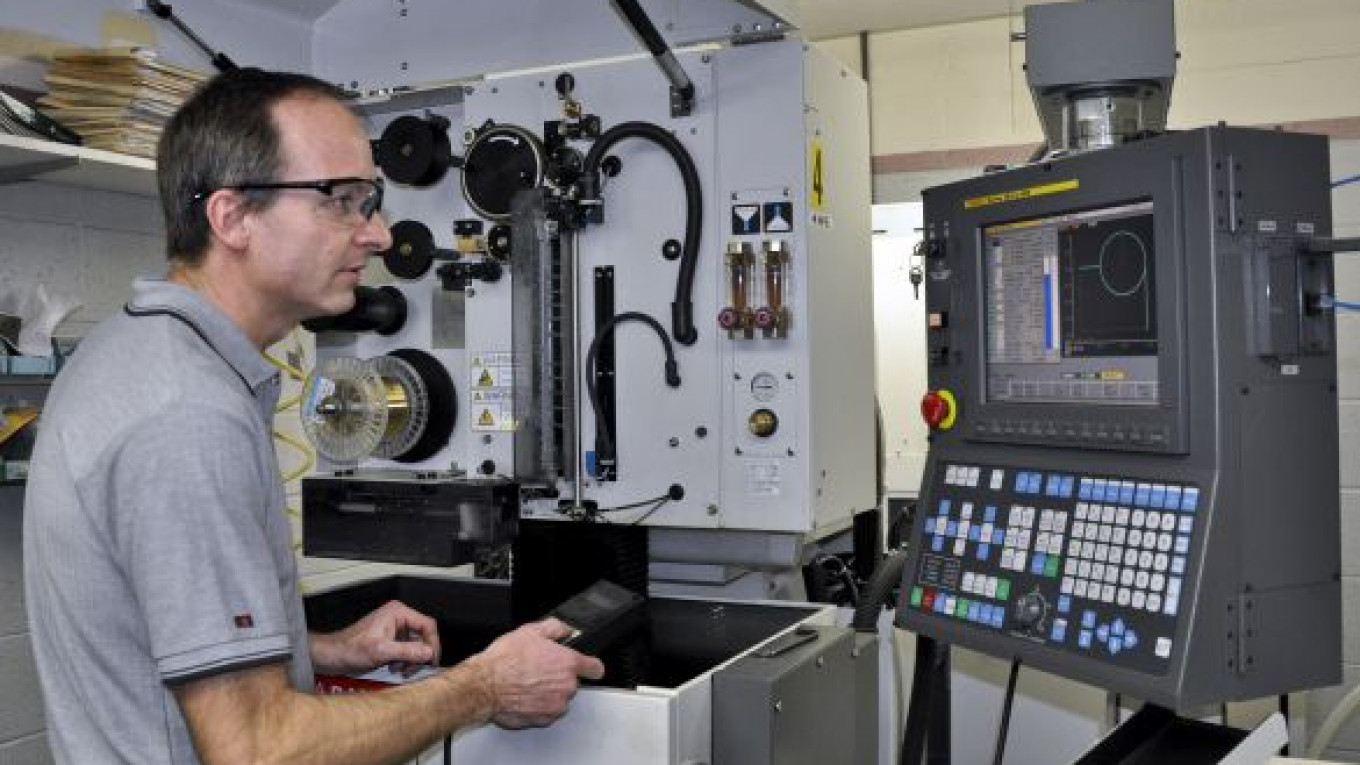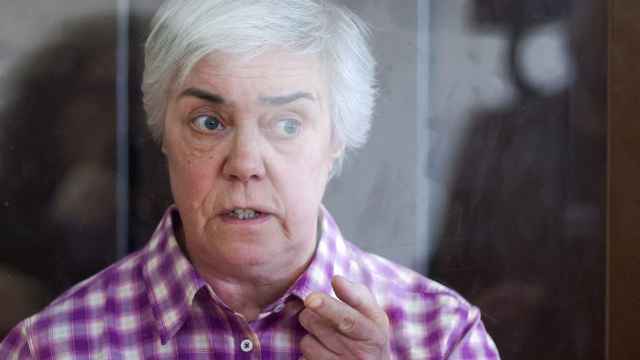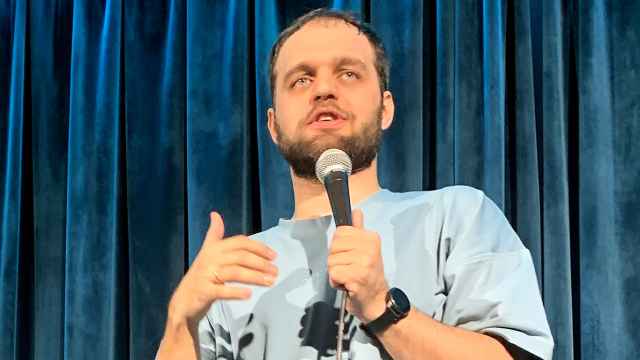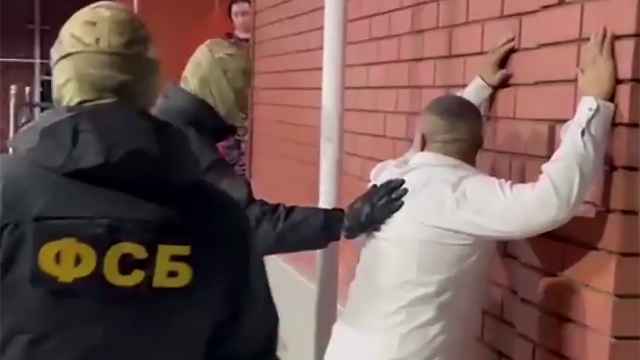Russia and the United States are the most likely sources to help fill a shortage of rare earths as China cuts output of the minerals needed for electronics, wind turbines and smart bombs, an Australian academic said.
“U.S. production is most likely to come on stream early,” Professor Brent McInnes, from Curtin University’s school of science in Western Australia, said on an Australian Science Media Centre conference call. “Russia also has a very large rare-earth resource, so they would be the two to try to fill some supply shortages.”
China, producer of more than 90 percent of the world’s rare earths, reduced its second-half export quota for the minerals by 72 percent this year. Surging prices and China’s actions have spurred companies including Molycorp to study reopening or starting mines to meet an expected supply shortfall.
“There is no doubt that Russia and the U.S. won’t be able to fill the vacuum totally,” said McInnes, director of the university’s John de Laeter Centre for isotope research. Australia is only a “small supplier with a potential of less than 5 percent” of global supply, he said.
Surging rare-earth prices are spurring developments of deposits in Kazakhstan, Kyrgyzstan and Greenland.
Sumitomo Corporation, Japan’s third-largest trading house, and its local partner in Kazakhstan plan to start a pilot plant about the end of next year to produce rare earths from uranium tailings, said Yerzhan Ishanov, deputy director of general affairs at Summit Atom Rare Earth Company, Sumitomo’s venture with Kazatomprom, Kazakhstan’s state-owned nuclear company.
“For main applications like rare-earth magnets and glass catalysts, the [demand] increase is from 10 to 15 percent a year,” Ishanov said. Japan’s consumption of the metal products is about 40,000 metric tons a year at present, he said.
China’s move to constrain supply has soured diplomatic relations with Japan, which is moving to secure supplies from Vietnam, the United States, India and Germany.
Rare earths are a group of 17 chemically similar metallic elements, including lanthanum, cerium, neodymium and europium. The elements are used in radar, high-powered magnets, mini hard drives in laptop computers, catalytic converters for vehicles, electric-car batteries and wind turbines. Prices of neodymium oxide, which is used in mini hard drives in laptops and headphones in Apple’s iPod, have surged fourfold to $80 a kilogram from $19.12 in 2009, according to Lynas Corporation.
Stans Energy may restart operations at an open-pit mine in Kyrgyzstan within 18 months to 24 months, Robert Mackay, president and chief executive of the Toronto-based company, said in an e-mail in response to questions.
Ramping up of global production “may be somewhat protracted given the time it takes to obtain the necessary permits and establish a supply chain for such complex materials,” Mackay said.
Rare-earth projects are capital intensive, requiring investment of more than $40,000 per metric ton capacity, said Judith Chegwidden, managing director of researcher Roskill Information Services. Many deposits also contain radioactive material that has to be contained or stored, she said.
Summit Atom aims to produce 1,100 tons of rare-earth concentrates a year from the pilot plant to supply Japan, Ishanov said. The company may increase its production capacity to between 10,000 tons and 15,000 tons by 2014-15, he said.
A Message from The Moscow Times:
Dear readers,
We are facing unprecedented challenges. Russia's Prosecutor General's Office has designated The Moscow Times as an "undesirable" organization, criminalizing our work and putting our staff at risk of prosecution. This follows our earlier unjust labeling as a "foreign agent."
These actions are direct attempts to silence independent journalism in Russia. The authorities claim our work "discredits the decisions of the Russian leadership." We see things differently: we strive to provide accurate, unbiased reporting on Russia.
We, the journalists of The Moscow Times, refuse to be silenced. But to continue our work, we need your help.
Your support, no matter how small, makes a world of difference. If you can, please support us monthly starting from just $2. It's quick to set up, and every contribution makes a significant impact.
By supporting The Moscow Times, you're defending open, independent journalism in the face of repression. Thank you for standing with us.
Remind me later.






